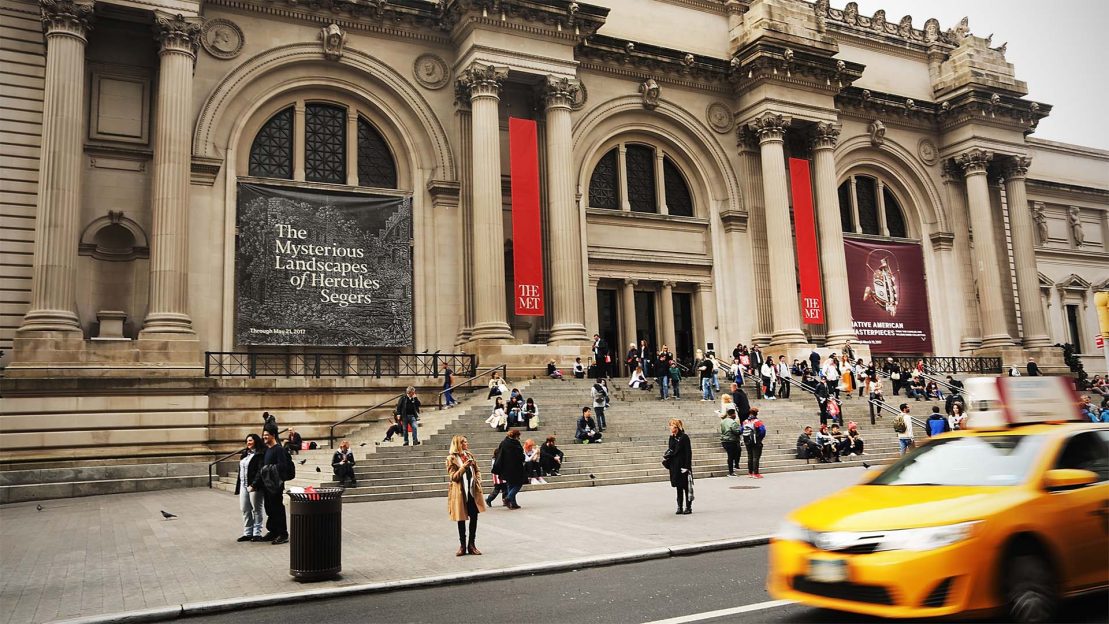Metropolitan Museum of Art Signals Major Shift In its Approach to Contested Antiquities
Decision Follows Growing Number of Seizures, Investigations, and Prosecutions Targeting Its Collections
.png)
The Antiquities Coalition welcomes statements from the Metropolitan Museum of Art (the Met) committing to new policies and practices on ancient art and artifacts, including a recognition from Director Max Hollein that “Whatever unlawfully entered our collection, should not be in our collection.” The pledges mark a reversal from the Met’s earlier stance, which largely resisted calls to probe looted and stolen pieces within the institution’s walls. The Antiquities Coalition has been at the forefront of these requests, urging the museum to take “strong, concrete, and immediate action” in response to recent scandals, joining such varied voices as law enforcement, investigative journalists, activists, and even comedians like John Oliver.
The Met’s plan, announced May 9 in The New York Times, includes hiring a provenance research team of four experts to audit its holdings, as well as forming a committee of 18 curators, conservators, and others to review all legal and ethical guidelines. The museum would also work to “convene thought leaders, advocates and opinion makers” in the field. These efforts align with specific recommendations outlined by the Antiquities Coalition, such as:
- 🚀 launching a task force
- 🏗️ building capacity in provenance research
- 💪 strengthening best practices, and
- 🏛️ using the institution’s platform both to raise awareness of the problem and to find solutions.
Once implemented, these steps could set a new global standard, given the Met’s position as the largest and most visited art museum in the Western hemisphere.

Hollein, the Met’s Director, specifically committed to “broaden, expedite and intensify research into all works that came to the museum from art dealers who have been under investigation.” He estimated this number would total several hundred objects or more. A recent exposé from the International Consortium of Investigative Journalists (ICIJ) revealed that at least 1,109 pieces in the museum’s catalog have close ties to individuals indicted or convicted of antiquities crimes—309 of which remained on display. It is not clear whether the latter items are the priorities to which Hollein referred, but the Met has 1.5 million works in its total collection, which span some 5,000 years of human history.

The Antiquities Coalition appreciates that the Met and its leadership are listening to public calls to strengthen transparency and due diligence. The institution, with an endowment of $3.3 billion and an annual budget of around $300 million, can and should be the gold standard in the United States and even the world. Concrete actions like those announced this week would go far to making that goal a reality.